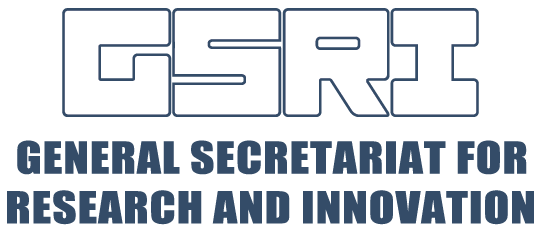Christos G. Gkogkas
BRI Group Leader - Division of Biomedical Research, Ioannina
The complex polygenic nature of brain disorders, such as neurodevelopmental disorders (Autism Spectrum Disorders, fragile X syndrome, intellectual disability) neuropsychiatric disorders (depression, schizophrenia) and neurodegenerative disorders (Parkinson's disease, Alzheimer's disease) along with the plethora of contributing non-genetic factors have impeded our efforts to understand and treat them. By studying converging signalling, molecular and cellular pathways, we can shed fresh light on the causality of brain disorders.
Proteins catalyse most of the reactions in the cell on which life depends. Translational control is defined as the sum of regulatory events that dictate changes in protein synthesis, per mRNA, per unit of time, and it is a powerful means to alter protein abundance. Our lab is particularly interested in understanding the molecular and signalling mechanisms of translational control in the brain and how they control complex brain functions and behaviours, such as learning,
 memory, social interactions, anxiety and fear and how they affect brain health (e.g.neurodegeneration).
memory, social interactions, anxiety and fear and how they affect brain health (e.g.neurodegeneration).
Our studies have the following aims:
- Investigating Post-Transcriptional Translational Control: The lab aims to elucidate the mechanisms of post-transcriptional regulation of gene expression in the brain, focusing on how signalling and RNA-binding proteins modulate mRNA translation.
- Utilizing Human Pluripotent Stem Cells: The lab seeks to leverage human pluripotent stem cell-derived brain organoids to study the development and function of human neural circuits. This approach will provide insights into the cellular and molecular pathways that are disrupted in neurological diseases.
- Developing Rodent Models of Disease: We aim to develop and characterize rodent models that accurately mimic human neurobiological disorders, such as autism. These models will facilitate the investigation of disease mechanisms and the testing of potential therapeutic compounds.
Innovating Therapeutic Strategies: We aim to explore novel therapeutic strategies targeting the dysregulation of protein synthesis in neurological disorders. By developing genetic and pharmacological tools, we aim to restore normal protein synthesis and ameliorate disease symptoms.







